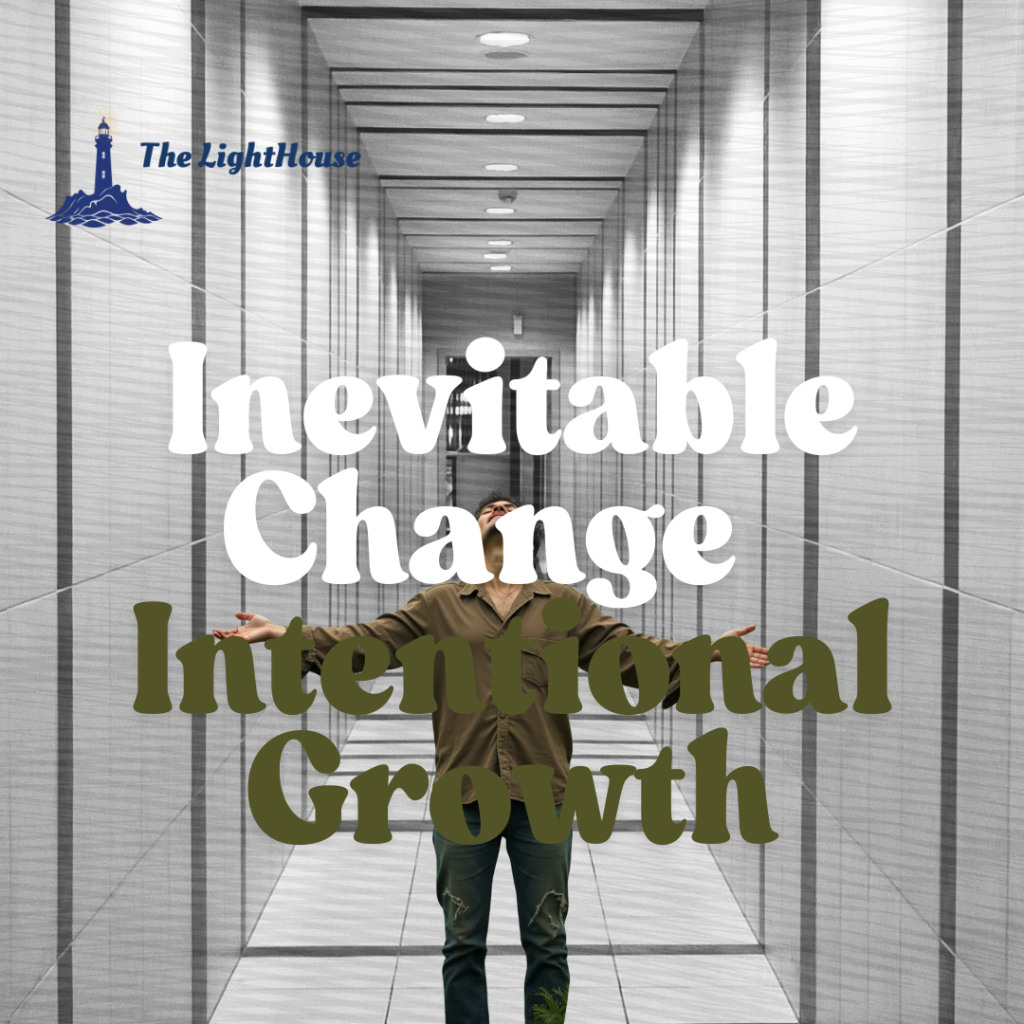We all have intentions. We intend to pray more, study the Bible more, be kinder, forgive faster, or commit more fully to God’s work. Yet, good intentions often remain unfulfilled dreams. Intentional living goes beyond good intentions. It is the discipline of turning desires into action. It is the difference between wishing and walking, between planning and pursuing.
Intentions are desires, often sincere. You may intend to read your Bible daily, share your faith at work, or forgive a long-standing offence. But without deliberate follow-through, intentions fade.
Intentional living is putting structure, discipline, and accountability behind those desires. It’s not simply wanting to grow in God; it’s living in a way that guarantees growth.
“But be doers of the word, and not hearers only, deceiving yourselves.” – James 1:22
The lesson is unmistakable: Intentions are not enough. Faith, service, and growth require deliberate, consistent action.
Living Intentionally in God’s Kingdom

Living intentionally means aligning your daily actions with God’s Word. It is a posture of the heart that says: “I will live on purpose for the purposes of God.”
A. The Joy of the Lord, A Complete Possession
The joy of the Lord is not just an emotional state; it is a spiritual possession. Nehemiah 8:10 declares, “The joy of the Lord is your strength.” This joy is complete, backed with divine assurance. However, to keep it, you must maintain what you obtain and protect what you possess. That means guarding your spiritual disciplines, staying in prayer, and surrounding yourself with godly influences.
B. God’s Boundaries for Reservation
God sets boundaries for our protection and preservation. In Eden, Adam and Eve had the whole garden but were told not to eat from one tree (Genesis 2:16–17). Boundaries are not restrictions for our harm but safeguards for our calling. Intentional living honours these boundaries, resisting the urge to step outside God’s design.
C. Service as Worship
Romans 12:1 calls us to present our bodies as living sacrifices, our “true and proper worship”. Service to God is not confined to church activities; it includes how you work, lead, love, and help others. Intentional service means showing up faithfully, giving your best, and seeing every task as an offering to the Lord.
Inevitable Change, Intentional Growth

Life will change whether you plan for it or not. Seasons shift, circumstances alter, and people move on. But growth; especially spiritual growth does not happen accidentally. It is the fruit of sustained intentional actions.
“Let us not grow weary while doing good, for in due season we shall reap if we do not lose heart.” – Galatians 6:9
Practical Steps to Intentional Living:
- Set God-Aligned Goals: Pray and set measurable spiritual goals, Bible reading plans, service commitments, or outreach activities.
- Build Accountability: Share your commitments with a trusted friend or mentor who can encourage and check in with you.
- Create Habits, Not Just Moments: Replace one-off acts of devotion with consistent disciplines.
- Guard Your Time: Prioritise God’s work and presence over distractions.
- Review and Adjust: Regularly examine your walk with God and make necessary changes.
Conclusion
Intentional living is the difference between passively watching your spiritual life unfold and actively participating in God’s plan for you. It requires discipline, discernment, and determination.
This month, make a conscious decision:
- To seek God not when it’s convenient, but as your priority.
- To protect the joy you’ve been given.
- To honour God’s boundaries.
- To serve as worship.
And remember — change is inevitable, but growth is intentional.
